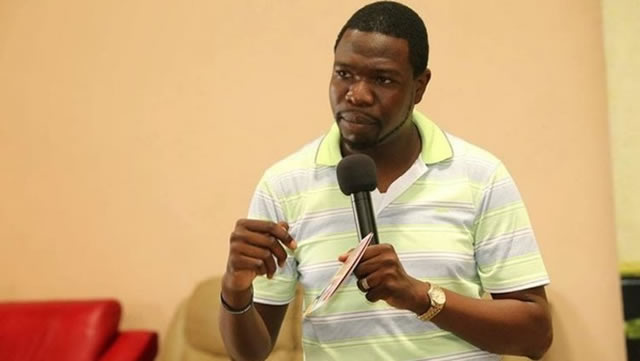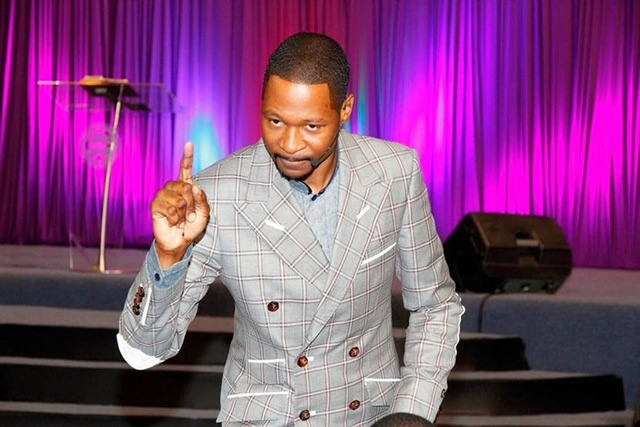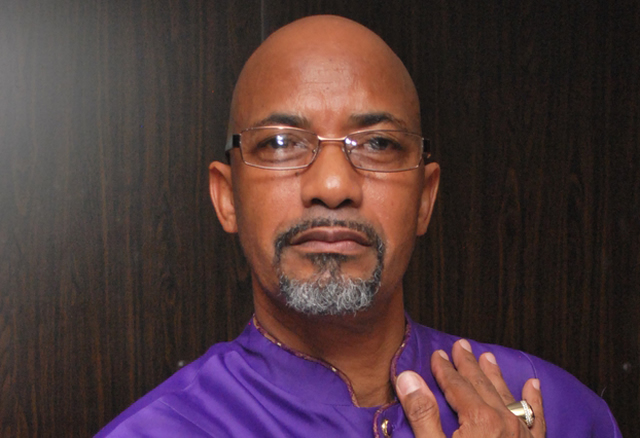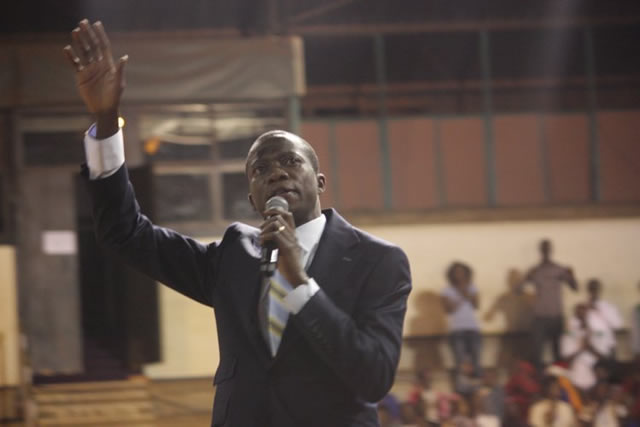
The Sunday Mail

What do Abel Muzorewa, Canaan Banana, Pius Ncube, Shingi Munyeza and Evan Mawarire have in common? The obvious similarity is their association with religion. And all of them have dabbled in politics, with varrying levels of success. Bishop Muzorewa was briefly prime minister in an ill-fated alliance with Ian Smith as the dying donkey of colonialism made its last, futile kicks.Rev Banana fared better, holding the post of first President of an Independent Zimbabwe for several years.
Archbishop railed long and hard against Government and in support of the opposition, and then beat a hasty retreat as a dark cloud hovered over him and he is yet to emerge from under it.
Evangelical Fellowship of Zimbabwe president Shingi Munyeza is struggling for relevance as an opposition political player, and he is joined in this seemingly doomed pursuit by Pastor Mawarire.
These are not the only religion affiliated characters immersing themselves in matters political.
United Family International Church leader Prophet Emmanuel Makandiwa has been delivering sermons easily interpreted as political; while Prophetic Healing and Deliverance founder Prophet Walter Magaya has spoken of political strife ahead.
Apostle Tavonga Vutabwashe of Heartfelt Ministries International and New Life Covenant Church’s Bishop Tudor Bismark have also expressed themselves on issues related to politics and the economy.
This has led some to posit that among these church leaders are fellows positioning themselves for political office and that many of them are evidently anti-Government in bent.
University of Zimbabwe chair in the Department of Political and Administrative Studies Dr Donald Chimanikire says, “Politics is an essential part of all social life, and those who follow governmental politics as a vocation are performing an essential public duty.
“But if politics is correctly defined as the process by which groups decide what actions should be taken in matters affecting all their members, then every sphere of social organisation must offer the same opportunities for debasement.”
Of course, the clergy will largely not agree to this, preferring to have a situation where they are free to wade into politics but without allowing politicians to wade into clerical issues.
Zimbabwe Catholic Bishops Conference secretary-general Father Frederick Chiromba says the church cannot ignore politics.
“. . . Church leaders do not seek to usurp the role of civil leaders but to give direction . . . It is the politicians who craft the policies for which religious leaders have no blueprints but have the right to interrogate in the interest of the common good”.
Professor of Sociology, Bishop Marvellous Mhloyi, says “God has always been involved in governance of countries. First, the first king was selected by him. God puts leaders and He removes them. Second, men and women of God, like prophets, are there to help point to what God intends to happen to His people in every nation”.
She goes on, “At the core of politicians work as well as men and women of God’s work are God’s people. But note that human beings can usurp their responsibilities whether men/women of God or politicians.”
University of Zimbabwe Old Testament scholar Dr Obvious Vengai says the role of religious leaders in local politics can be traced back to the pre-colonial era.
“Spirit mediums during pre-colonial era were influential in appointing leaders to the extent that they have been termed the ballot paper of the times as no King would rule without counsel from them,” says Dr Vengai.
But Rev Gibson Botomani says there is something patently wring when church leaders decide to promote particular political parties rather than ideals and ideas.
“It is critical for those who are not affiliated to any political belonging to play the role of advisor to Government. The clergy cannot be leading people to destructive demonstrations but rather invite people to discussions. The clergy should mediate peace but this is not happening.
“I was analysing the Commission on Peace and Reconciliation and the ministry itself. In a normal situation (the ministry and commission) should have been given to the clergy to lead. But because the church is not trusted to negotiate peace as it has exhibited bias (the church is being sidelined).
“It’s unfortunate that greed for power has gripped the clergy and many . . . are not in full-time preaching but in money-spinning projects . . . Jesus came to establish the authority of Heaven not to challenge earthly authority.” Rev Botomani contends.







